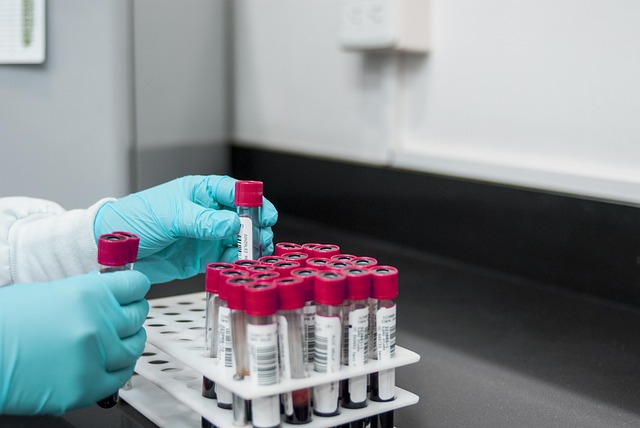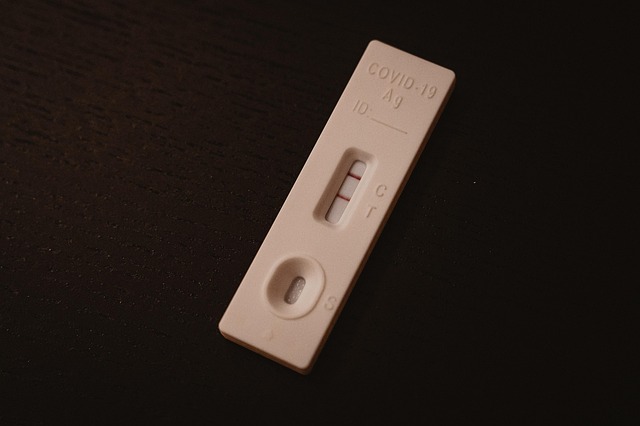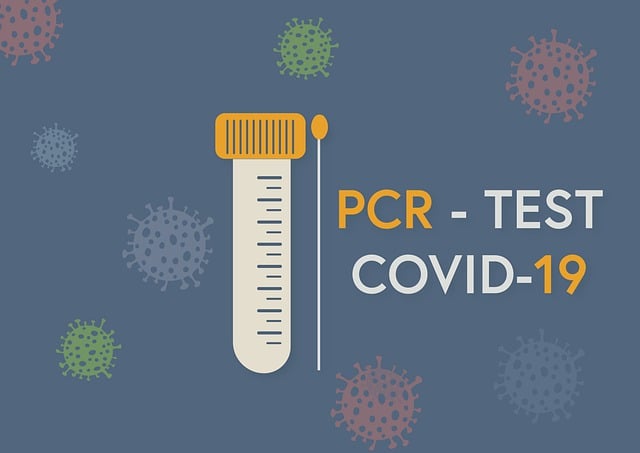Vitamin B12 deficiency, often overlooked, impacts energy, nerves, and blood cells. In the UK, advanced liver blood tests detect abnormalities in red blood cell production, aiding early diagnosis. These tests assess liver health, including key markers like ALT, AST, bilirubin, albumin, and prothrombin time. Interpreting results helps gauge overall health; low B12 levels require prompt healthcare consultation for necessary treatment.
“Are you aware that a simple blood test can reveal a potential vitamin deficiency affecting millions? This article guides you through the process of detecting Vitamin B12 deficiency using the Advanced Liver Blood Test UK, a powerful tool for early detection. Understanding the symptoms and learning how to interpret test results is key. We’ll explore what steps to take next if concerns arise, empowering you with knowledge about this essential nutrient and its impact on overall health.”
- Understanding Vitamin B12 Deficiency
- Advanced Liver Blood Test UK: What to Expect
- Interpreting Results and Next Steps
Understanding Vitamin B12 Deficiency

Vitamin B12 deficiency is a common yet often overlooked health issue that can have significant impacts on overall well-being, particularly in areas like energy levels, neurological function, and blood cell production. It occurs when the body doesn’t have enough of this essential vitamin, which plays a crucial role in maintaining healthy nerves and producing DNA. Symptoms can range from fatigue and weakness to tingling in hands and feet, memory loss, and even balance issues.
In the UK, advanced liver blood tests are one method used to detect B12 deficiency, as they can reveal abnormalities in red blood cell production that indicate a lack of this vitamin. These tests go beyond basic measures, providing valuable insights into liver health and nutrient status. Early detection through such tests is crucial for managing and preventing complications associated with B12 deficiency, ensuring individuals receive the necessary treatment to restore vitamin levels and maintain optimal health.
Advanced Liver Blood Test UK: What to Expect

In the UK, the Advanced Liver Blood Test is a comprehensive assessment designed to evaluate liver health and detect potential issues. This test goes beyond basic measures by examining various enzymes, proteins, and other markers specific to liver function. It provides valuable insights into the overall well-being of your liver, especially in identifying early signs of damage or abnormality.
During this test, a healthcare professional will take a blood sample, typically from your arm, and send it to a laboratory for analysis. The report will include measurements of enzymes like ALT (alanine aminotransferase) and AST (aspartate aminotransferase), which indicate liver damage or inflammation. It may also assess bilirubin levels, albumin, and prothrombin time—all crucial factors in gauging liver health. In the context of Vitamin B12 deficiency, this test can help rule out or confirm liver-related complications that might be associated with low B12 levels.
Interpreting Results and Next Steps

Interpreting your advanced liver blood test results is crucial for understanding your overall health, especially regarding Vitamin B12 deficiency. If the levels are low, it’s important to take action and consult with a healthcare professional. They will be able to provide guidance on the next steps, which may include dietary changes, supplementation, or further testing to identify the underlying cause.
In the UK, an advanced liver blood test can offer valuable insights into your liver function and nutrient levels, including Vitamin B12. By understanding your results, you can take proactive measures to maintain optimal health. If deficiency is confirmed, it’s essential to work with a healthcare provider to address the issue promptly, as Vitamin B12 plays a vital role in maintaining nerve health and producing DNA.
Vitamin B12 deficiency can often be overlooked, but with an understanding of symptoms and accurate testing methods like the Advanced Liver Blood Test UK, early detection is key. If you suspect a deficiency, consulting a healthcare professional and interpreting test results accurately will help determine the next steps for treatment and management. Regular monitoring through blood tests ensures optimal health and well-being.
